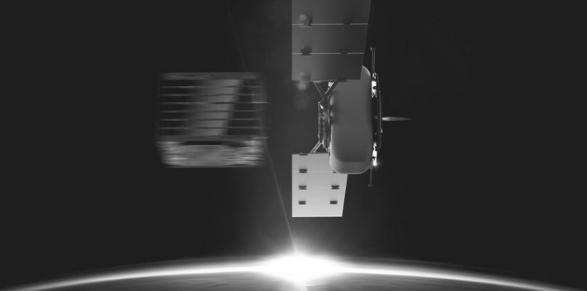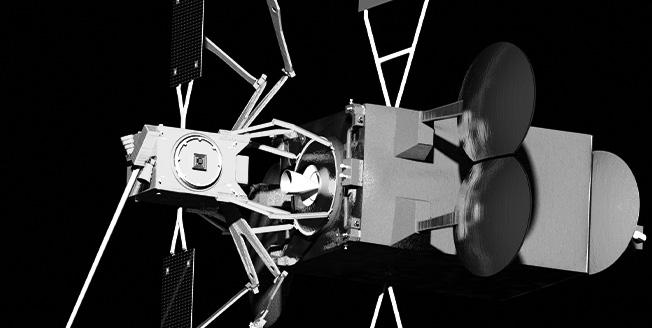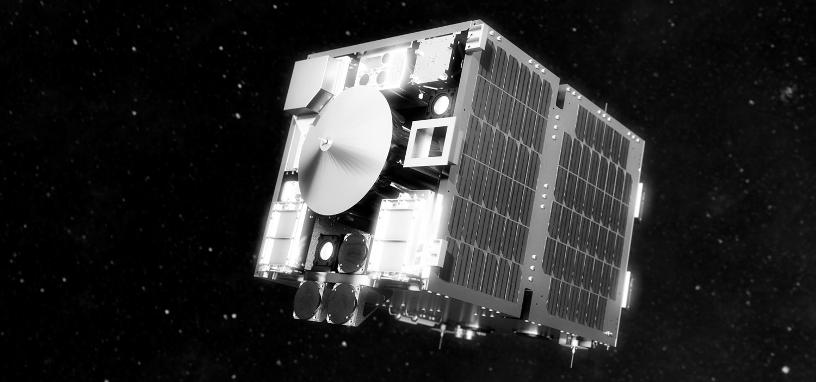3 minute read
What should the UK be doing?
Building the Market
1.
2.
3.
4.
5.
6. Continue leadership in policy and regulation to ensure the UK attracts businesses and creates a thriving market. UK expertise in professional services such as regulatory issues, insurance, standards, legal contracts and business models make the UK an ideal centre to support the development of the international In-Space Services sector.
The UK is at the forefront of licensing for On-Orbit Servicing missions and with the advent of the sector, licensing for novel missions should be made as straightforward as possible.
Fund a challenge around sustainability in space. The UK should fund a mission focussed on debris mitigation and sustainable and clean activities in future space missions.
Attract constellation operators to the UK. By encouraging constellation operators to set up shop in the UK, the satellite market will grow and bring along customers for In-Space Services.
Encourage development of ambitious new business propositions for In-Space manufacturing.
Develop a programme of demand generation. Ultimate ‘End Users’ range from satellite operators such as Inmarsat to pharmaceutical companies.
Continue to build UK venture capital and wider private finance interest in space.
Technology
7.
8.
9.
10.
11. Encourage interest and capability from adjacent industries such as robotics to evolve expertise for In-Space services, such as de-orbiting of satellites and life extensions. This would include workshops, funding calls, challenges, skills and training, and will lead to more comprehensive In-Space manufacturing capabilities. - Having a UK capability to create technology such as advanced robotics would allow more of the supply chain to be in the UK, simplifying development of UK missions and maximising benefit from these emerging markets.
The UK must build on its existing technical expertise to support an integrated ecosystem of earth-based capabilities including systems simulation; hardware, software and concept of operations development and testing; digital twin creation; robotics and automation modelling; operational safety and team training. FAIRSPACE and the Satellite Applications Catapult DISC facility are examples of key capabilities and facilities that can support this.

Develop a detailed route map for the UK to exploit In-Space services; this must include pre-launch preparatory capabilities and infrastructure.
The UK must support development work to ensure progress in hardware and also software standardisation to facilitate upcoming servicing vehicles.

Encourage UK led in-space constructions where opportunities arise e.g. developing new space telescopes. Any opportunity to build capability should be capitalised upon.
Ecosystem
12. Develop a mission-oriented innovation approach that brings key stakeholders toward the same goal. The UK space sector will be successful with In-Space services when it develops a highly integrated ecosystem of all stakeholders from primes, technical supply chains and academics to financiers, government agencies and end users.

13. Continue to support start-ups to exploit novel market opportunities by providing access to finance, expertise and a favourable regulatory environment.
14. Support UK initiatives that engage non-space sector players. These may be regional or technology-focused such as the ‘Oxford-Cambridge Arc’ (this programme states an ambition to “Lead the world in integrating robotics and automation into the space sector, building from in-orbit servicing to in-orbit manufacture and construction”). This initiative brings motorsport capability toward the space sector.
Satellite: Trace Gas Orbiter Copyright: ESA/ATG medialab
15. Engage with UK launch activities and develop a marketing strategy to make launch services successful. If UK launch is successful, then the UK will be well-positioned to deliver regular and responsive services in space.

Stakeholder Engagement
16. Work closely with military developments. A number of shorter-term requirements will come from the military. The UK must utilise all national expertise for In-Space Services activities which include sharing knowledge between the civil and security sectors. Satellite: ExoMars 2018 Depicts: Rover Copyright: ESA
17. Increase engagement with international space initiatives to build capability, such as NASA’s Lunar Gateway, ESA’s ExoMars, or the European Commission’s Horizon 2020 programme. It is important that the UK is a part of these programmes to build capability for future, more challenging opportunities.
18. Undertake a comprehensive market and value chain analysis to include both supply-side stakeholders and potential end users of the complete ecosystem.







